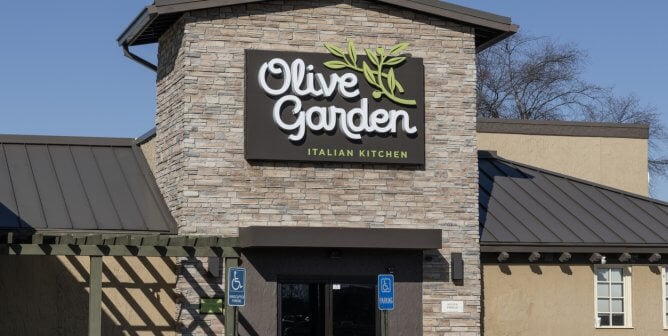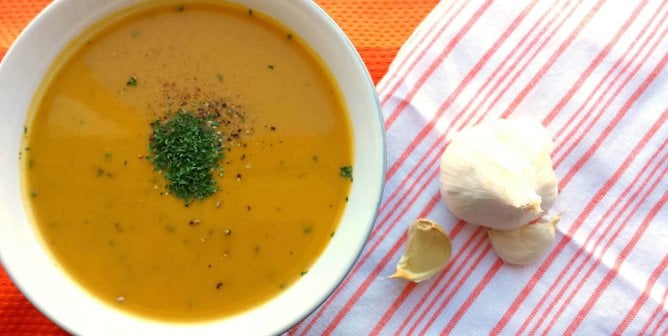Thanks to the dairy industry’s massive PR machine, cow’s milk has long been touted as the go-to source for calcium. But if you look past the spin, it’s easy to see that milk does a body bad. If you’ve “got milk” (and cheese, yogurt, and ice cream), you’ve likely got a host of health problems awaiting you, too. So why is milk bad for you and cows? Here are 11 reasons why:
1. Broken Bones
Despite the hype, cow’s milk actually robs our bones of calcium. Animal proteins produce acid when they’re broken down and calcium is an excellent acid neutralizer, so … you can see where this is going. In order to neutralize and flush out the acids, our bodies have to use the calcium that the milk contains—as well as some from our own stores. So every glass of milk we drink leaches calcium from our bones. That’s why many medical studies have found that people who consume the most cow’s milk have significantly higher rates of fractures than those who drink little to no milk. And if you’re eating large amounts of cheese? Throw in a heaping helping of saturated fat, sodium, and cholesterol on top of that.
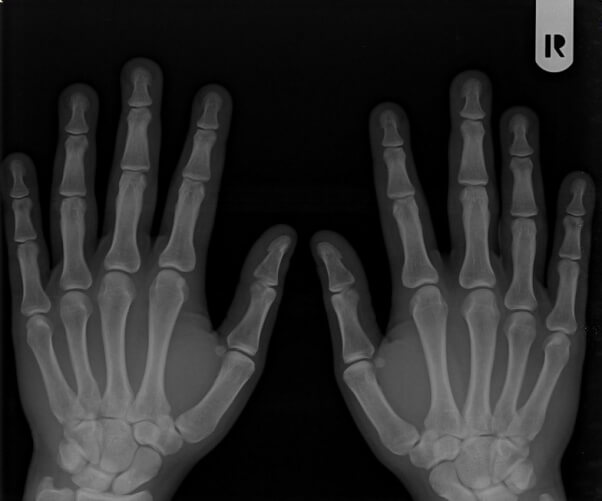
2. Prostate Cancer
Milk and cheese have been linked to an increased risk of developing prostate cancer. But dairy-free diets? They’ve been shown to slow its progress.

3. Lactose Intolerance
The lactose in cow’s milk can be difficult for humans to digest, resulting in nausea, cramps, gas, bloating, and diarrhea. Difficulty with dairy digestion can develop later in life and result in progressively worsening symptoms.
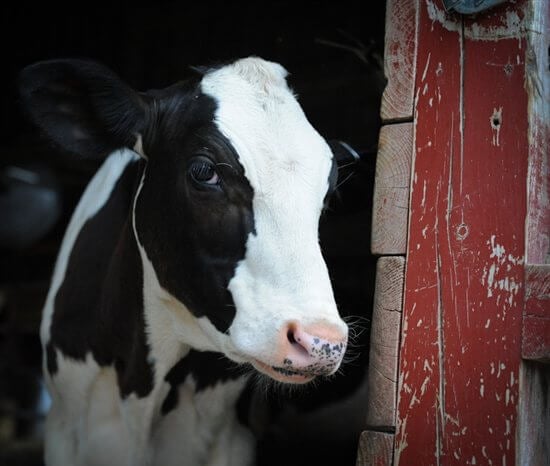
Every animal is someone. Cows, for example, are gentle, fascinating animals. They interact with each other in socially complex ways. And they form strong maternal bonds with their calves. When they’re separated, mother cows can be heard frantically crying out for their babies for several days.
4. Acne
In multiple studies, the consumption of all types of dairy was linked to an increased prevalence and severity of acne in both boys and girls.

5. Cholesterol
A single serving of milk can contain as much as 24 mg of heart-harming cholesterol. A single ounce of queso packs 30 mg. But plant-based food contains no cholesterol whatsoever.
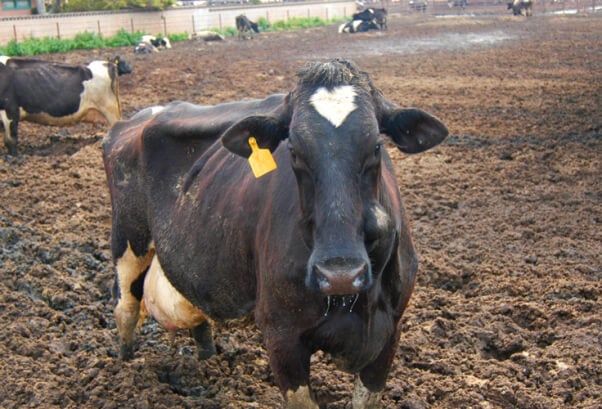
6. Ovarian Cancer
A Swedish study showed that women who consumed four or more servings of dairy each day were twice as likely to develop serous ovarian cancer.
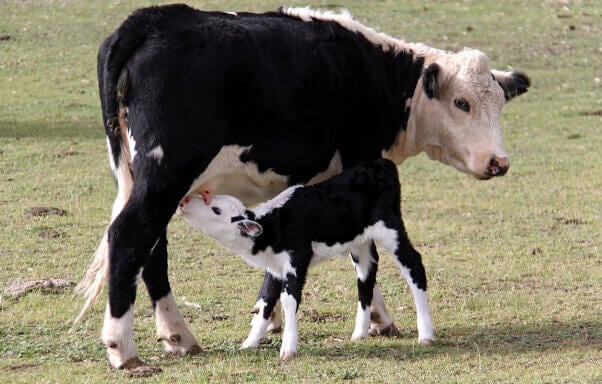
Buying, selling, and drinking cows’ milk is really about reproductive control, kidnapping, and abuse. Cows imprisoned on dairy farms are forcibly impregnated through artificial insemination again and again on rape racks. Then, instead of allowing mothers to nurse their babies—which is why cows produce milk—their infants are stolen from them, usually within hours of birth.
7. Milk Allergies
Like lactose intolerance, milk allergies can cause potentially strong and dangerous reactions (usually in young children), such as vomiting or anaphylaxis.

8. Antibiotics
Cows are often pumped full of antibiotics to keep them alive and producing milk in filthy farm conditions. We can thank this rampant overuse of them, in part, for the surge in antibiotic-resistant bacteria. When humans are infected by these superbugs, antibiotics have, at best, decreased effectiveness and are, at worst, powerless.
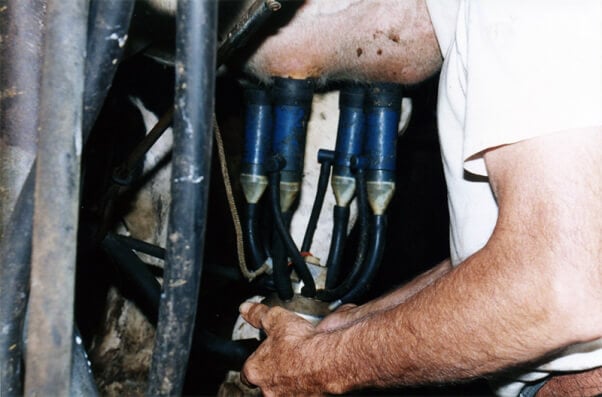
9. Saturated Fat
A single serving of whole milk can contain more than 20% of the recommended daily allowance of saturated fat. If you consume three servings of whole milk, you’re already at 60% for the day—even before eating any food. Cheese is even worse: Harvard University reports that pizza and cheese are the biggest food sources of saturated fat in the American diet.
10. Sodium
Cheese can contain up to 400 mg of sodium per ounce. Varieties including halloumi, blue, feta, and Edam (as well as processed cheeses) are so loaded with sodium that they’re actually saltier than seawater.
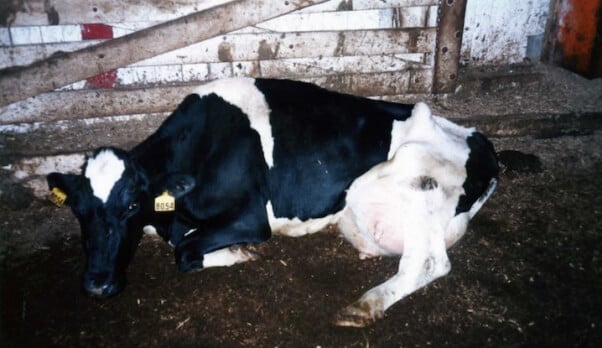
And don’t be fooled by the marketing ploy of “humane” labeling like “organic” and “pasture-raised.” These labels don’t guarantee that cows were treated any better than animals raised on conventional farms, and these words mean nothing to cows suffering from violence and loss.
11. Common Sense
Besides humans (and companion animals fed by humans), no species drinks milk beyond the natural age of weaning or drinks the milk of another species. Cow’s milk is suited to the nutritional needs of calves, who have four stomachs and gain hundreds of pounds in a matter of months—sometimes weighing more than 1,000 pounds before they’re 2 years old. Cow’s milk does not suit the nutritional needs of humans, so it’s no wonder that consuming it and its derivatives causes us so many problems.
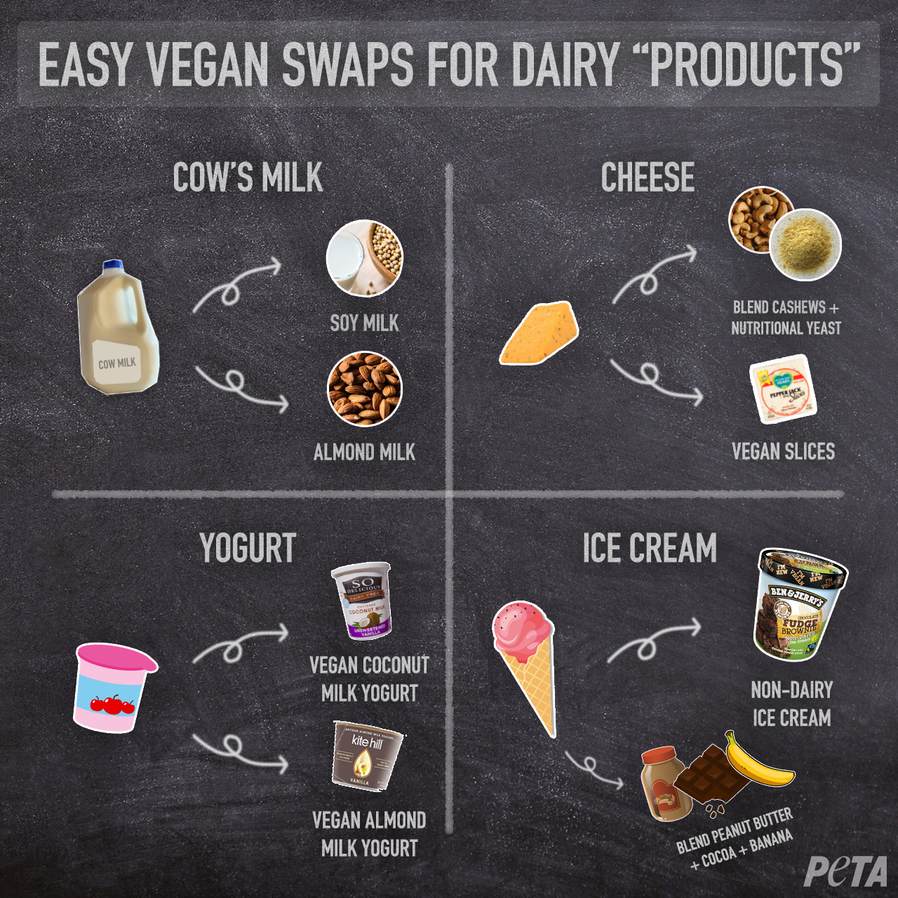
*****
It’s time to accept the truth: If she’s not your mom, it’s not your milk.
Click here to find out why cheese is the most sexist thing you can eat.
Text VEG to 73822 to get the latest vegan lifestyle tips, recipes, and urgent action alerts texted right to your phone.
Terms for automated texts/calls from PETA: https://peta.vg/txt. Text STOP to end, HELP for more info. Msg/data rates may apply. U.S. only.




